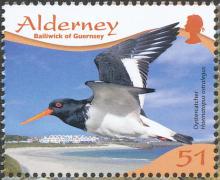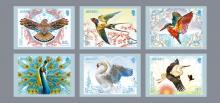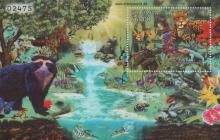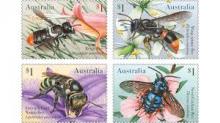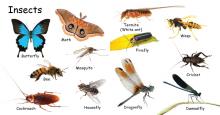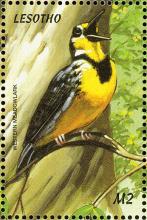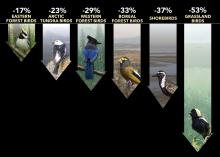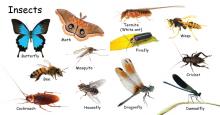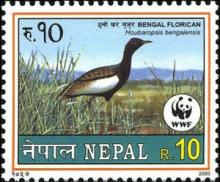There are fewer birds in Wales than a decade ago
There are fewer birds in Wales than a decade ago. The Wetland Bird Survey shows that around half our wintering waterbirds have declined over the last 10 years, including familiar species such as Mallard (Anas platyrhynchos) , Mute Swan (Cygnus olor) and Great Crested Grebe (Podiceps cristatus).

